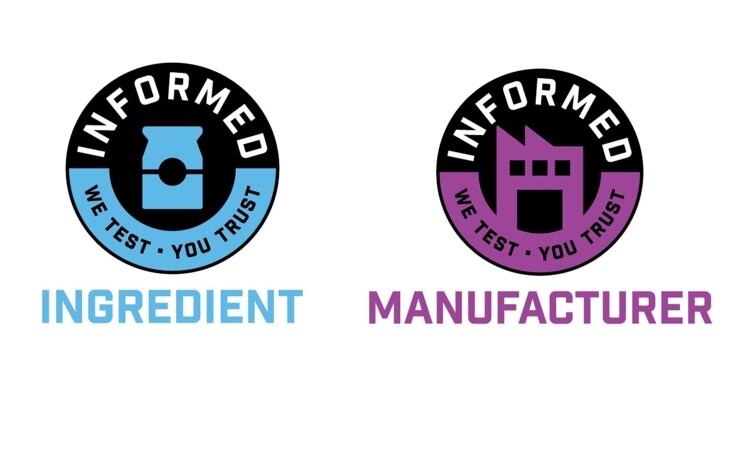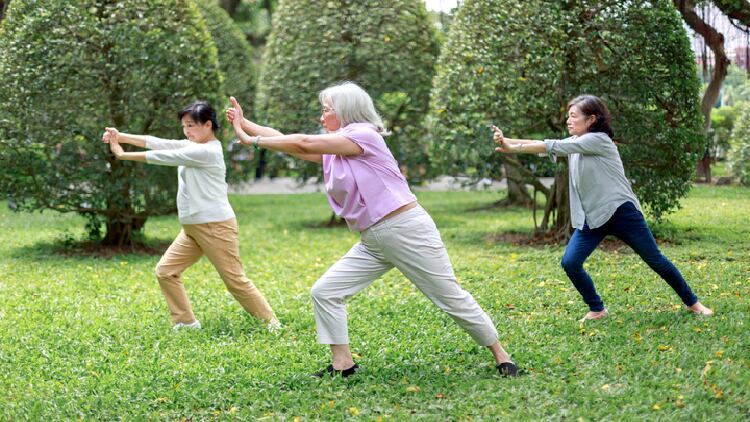Writing in Nutrients, researchers from Hitachi General Hospital and the University of Tsukuba pointed out that there was no reduction in muscle injury biomarkers or improvement in muscle mass despite HMB supplementation for two weeks.
However, they also pointed out that past studies have shown that long-term HMB supplementation ranging from 12 to 48 weeks could produce beneficial results, such as muscle mass gain in healthy elderly.
This study focused on 50 patients aged 70 or above and were expected to be hospitalised for at least three days due to minor muscle injuries.
The intervention group took a HMB complex supplement trademarked Abound from Abbott Japan. It contains 1.2g of HMB, 7g of glutamine, and 7g of arginine per package.
On the other hand, the control group took a non-HMB containing product which consists of 3.6g of protein, including 3g of glutamine per package. Both groups took in two packs of the assigned product each day.
Findings
Findings showed that the intervention group has a significantly higher level of the muscle injury marker (N-titin/Cre) as compared to the control group.
Amongst healthy adults, the level of the muscle injury marker is between 1.09 to 7.09 pmol/mgCre.
In the intervention group, this had increased from 22.3 to 27.3pmol/mgCre between day one and three.
In contrast, the figure dropped from 20.6 to 18.2pmol/mgCre in the control group.
“N-titin/Cre values on day 1 were considered to be affected by trauma, while high levels of N-titin/Cre on day 3 may indicate the emergence of persistent muscle injury due to stress-related inflammation,” the researchers explained.
Muscle mass, as measured by the cross-sectional area of the quadriceps muscle rectus femoris (RFCSA), also decreased in the intervention group.
Their muscle mass dropped from 2.49 ± 0.77 cm2 to 2.41 ± 0.95 cm2, whereas that of the control group increased slightly but not significantly from 2.28 ± 0.59 cm2 to 2.45 ± 1.09 cm2.
This could be due to an inadequate intake of essential amino acids intake, which in turn affected muscle protein synthesis, said the researchers.
According to them, both groups took in about 0.9g/kg of protein, lesser than the recommended intake of 1.0 to 1.3g/kg amongst elderly.
“In addition, it is known that muscle protein breakdown is accelerated by disuse and inflammation, and protein requirements increase after injury.
“Protein requirements in the acute phase of critical illness are recommended to be 1.3 g/kg or higher, and protein intake should be further increased to 2.0–2.5 g/kg during recovery phase.
“The lack of an adequate intake of essential amino acids (particularly branched chain amino acids), which are necessary for muscle protein synthesis, may also have influenced the lack of effects of HMB intake,” they said.
Nonetheless, there was no significant difference in grip strength between the two groups, with grip strength increased to similar levels in both groups.
ICU admission
On the other hand, complications during hospitalisation will affect the outcome of HMB supplementation and the use of HMB would be beneficial when the acute phase is over.
This is because in patients who have turned critically ill, excessive use of amino acids will suppress autophagy. As such, amino acid doses will need to be reduced in the hyperacute phase.
In the intervention group, three subjects from the intervention group were admitted into the ICU and required mechanical ventilation.
“The excessive administration of amino acids in the acute phase to critically ill patients generally suppress autophagy, and these doses need to be reduced in the hyperacute phase.
“Moreover, the HMB group simultaneously received 14 g of arginine per day, which may exert more negative effects than HMB because previous studies indicated that arginine exerted adverse effects in septic patients,” the researchers said.
Source: Nutrients
Urinary Titin N-Fragment Evaluation in a Randomized Controlled Trial of Beta-Hydroxy-Beta-Methylbutyrate for Acute Mild Trauma in Older Adults
https://doi.org/10.3390/nu13030899
Authors: Hidehiko Nakano et al





